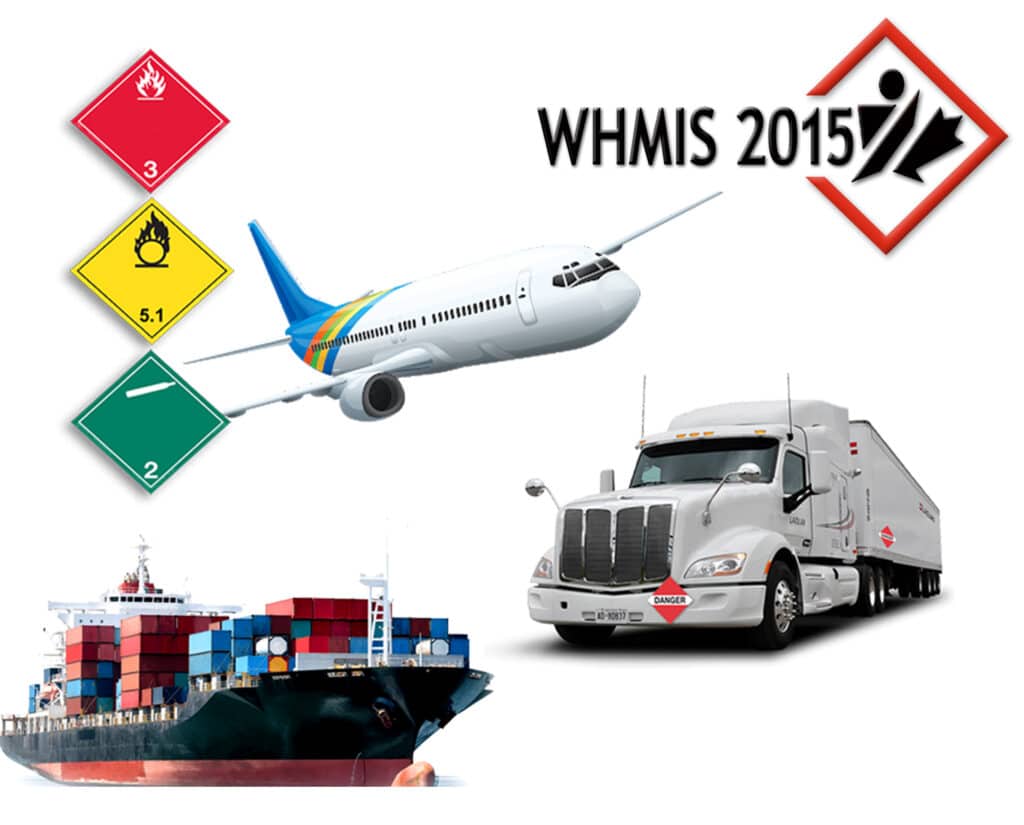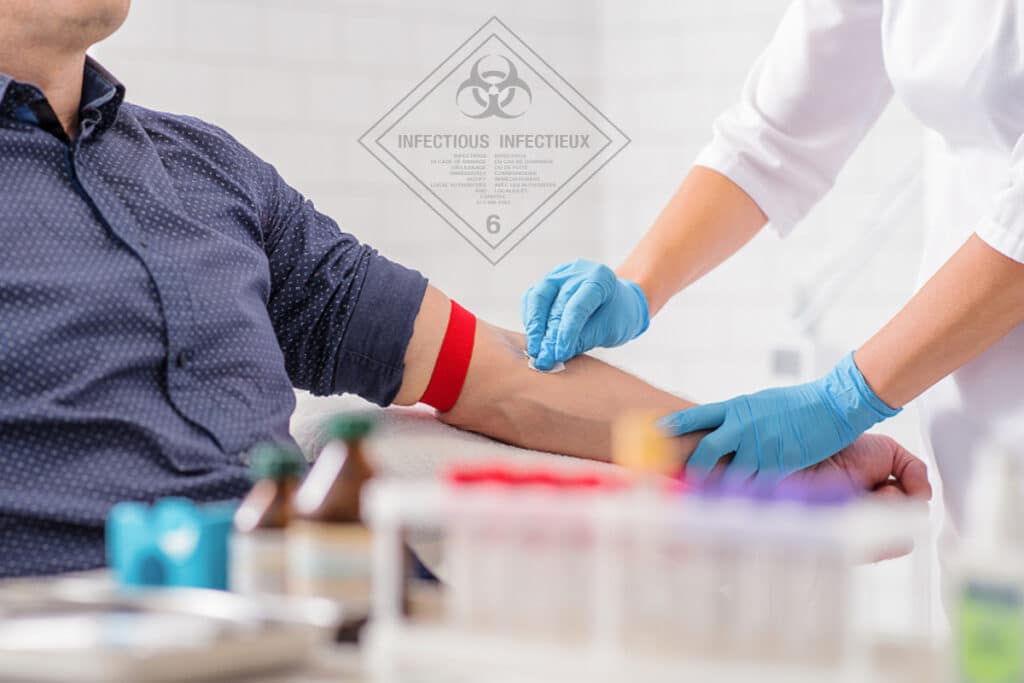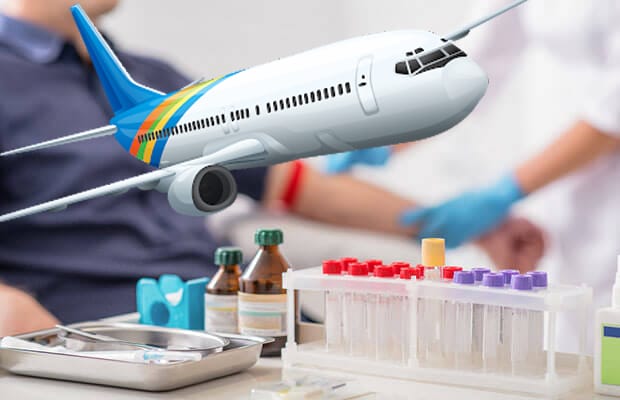Dangerous Goods Online Courses
Transportation of dangerous goods online courses
WHMIS dangerous goods online courses
Shipping dangerous goods is more than just sticking a label on a box and giving the carrier a waybill. It’s all about COMPLIANCE, compliance which you can achieve easily following our 8 steps. This is why you need the best dangerous goods online courses. Eight steps to ensure that your dangerous goods shipments are ready to go and be accepted by any carrier. Gone are the days of dangerous goods package refusal, returns or even far more worrying, … FINES ! Leave the dark side and see how easy compliance can be with our user-friendly to-the-point dangerous goods online courses.

Workplace accidents are a constant cause of worry and unnecessary expense. WHMIS is the standard for hazard communication on hazardous materials (or dangerous products as they are known today) in the workplace. People exposed to hazardous materials, even randomly, must therefore undergo WHMIS training in addition to the transport of dangerous goods (TDGR) training when required considering that these two regulations are different but complementary. Protect your employees and business continuity by investing a single hour of their time by taking our WHMIS worker’s training.
For a WHMIS training click here.
All our Dangerous Goods online courses meet every competent authority’s most recent requirements. A valid dangwerous goods onliner course training certificate is issued (valid for three years for surface and two years air shipments, as required by regulations. Pass mark for all courses is 75%. Participants have three attemps for each exam. After three failures you must write to support@formation-enligne.ca. to reset your account. PLEASE DO NOT PURCHASE A NEW COURSE.

BIO101
Shipping and Transporting Biomedical and Infectious Substances
This transportation of dangerous goods online course is designed specifically for staff collecting, preparing and transporting shipments of biological and infectious substances (class 6.2 Cat. A, B and exempt specimens) as well as dry ice (UN1845 class 9) for ground shipment only. Target audience: medical or veterinary clinics, field nurses, hospitals, health centers, etc.). This course is not designed for staff who ONLY transport these samples (see BIO-109).
BIO125
Shipping biomedical substances by air and ground
Our BIO-125 transportation of dangerous goods online course is designed specifically for staff collecting, preparing, and transporting shipments of biological and infectious substances (class 6.2 Cat. A, B) and exempt specimens) as well as dry ice (UN1845 class 9) for transport by road AND air or by FedEx Express. Target audience: medical or veterinary clinics, field nurses, hospitals, health centers, etc.). This dangerous goods online course replaces our BIO-101 and BIO-105 training formerly sold separately.


BIO109
Transporting Biomedical and Infectious Substances by Ground
The BIO-109 transportation of dangerous goods online course is intended for staff solely transporting biological samples (taxi drivers, healthcare or hospital delivery service providers etc.). This course is not appropriate for staff collecting and packaging samples (see BIO-101)
TDG 101
TDG 101 Transportation of dangerous goods online course- Carriers and Handlers
This dangerous goods online course is cater specifically to designed yo carriers and handlers of dangerous goods (i.e.: truck drivers, forklift operators etc.) and meets all Transport Canada requirements.
NOTE: This dangerous goods online course is NOT valid for people preparing shipments.


TDG 116 - transporttaion of dangerous goods online course
Service vehicles and small carriers
Are you transporting less than 500 kg of dangerous goods? The Transport of Dangerous Goods Regulations (TDGR) require training for all people even if they transport less than 500 kg of dangerous goods. Knowing the appropriate TDG requirements will avoid penalties!
NOTE: This training is not valid for the transport of flammable gas cylinders over 46L, toxic gases, radioactive, organic peroxides, infectious substances, explosives or shipments of more than 500 kg of dangerous goods.
The Dangerous Goods Training Center has over 25 years of experience in hazmat handling and shipping training. Their expertise includes Transportation of Dangerous Goodsonlie courses (TDG, IATA, IMDG, 49CFR), Dangerous Products Regulations (WHMIS), forklift operations, and hazmat storage. Their team of experienced and certified trainers are experts in their field and serve as voting member of Transport Canada’s TDG training committee. For concise and to-the-point training, DGTC is your compliance partner of choice.


